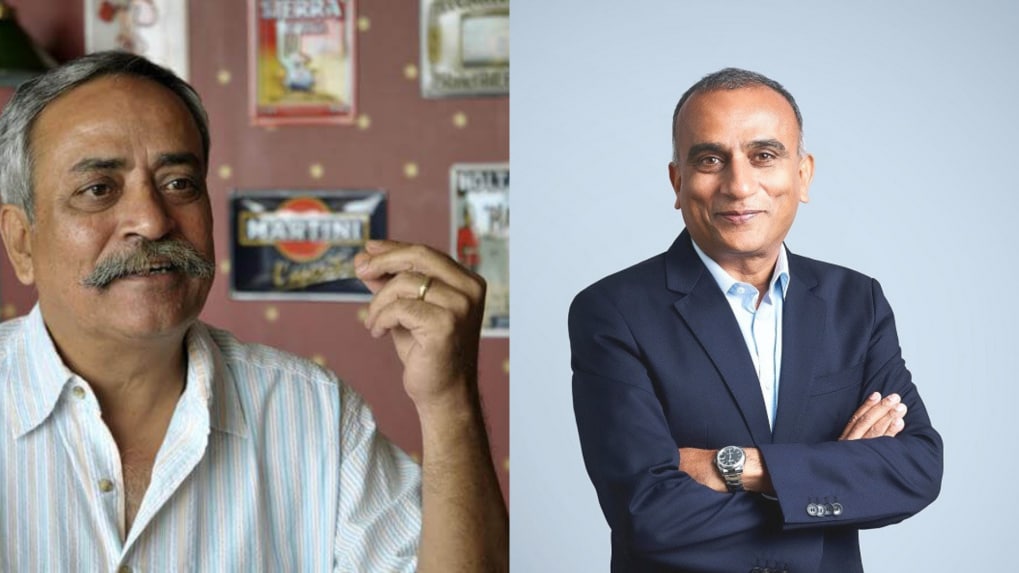Sudhanshu Vats remembers Piyush Pandey: 'The Man, the Master, the Maverick'
Pidilite Industries’ Sudhanshu Vats paid tribute to ad legend Piyush Pandey, calling him a cultural architect who turned Fevicol into a national metaphor and made Indian advertising come alive with warmth and wit.
ADVERTISEMENT
Sudhanshu Vats, Managing Director of Pidilite Industries, paid a deeply personal tribute to Piyush Pandey, the advertising legend who passed away earlier this week at 70, calling him “a cultural architect” whose work shaped Indian brands and imaginations alike.
“Piyush wasn’t just a legendary adman; he was a cultural architect,” Vats wrote. “Through his brilliance, some of India’s brands became truly iconic, including Fevicol, which he helped transform into a household name and a very popular cultural metaphor. With unmatched wit, warmth, and insight, Piyush made India smile and made Pidilite proud.”
The message, shared shortly after Pandey’s passing, captures the creative and emotional bond between one of India’s most enduring brands and the man who gave Fevicol its unforgettable voice.
In his tribute, Vats recalled the easy camaraderie he shared with Pandey — their “monthly ritual of Coffee Pe Charcha” at the adman’s Dadar home. “We spoke about everything, from life and laughter to our brands,” he wrote. “Beyond the brilliance of his craft, I mourn the loss of a wonderful human being. Piyush was a dear friend, a comrade, and a creative partner to me personally and to all of us at Pidilite.”
Pandey’s death marks the end of an era when Pandey brought ordinary Indian life into mainstream marketing with humour, empathy, and cultural authenticity.
Fevicol’s witty campaigns, built around Pandey’s singular storytelling style, became part of India’s cultural lexicon — transforming an industrial adhesive into a metaphor for unbreakable bonds. These commercials didn’t just sell products; they celebrated everyday resilience, resourcefulness, and joy.
Pandey, who joined Ogilvy India in 1982, spent over four decades crafting campaigns that reshaped how brands spoke to consumers — from Cadbury’s “Kuch Khaas Hai” to Asian Paints’ “Har Khushi Mein Rang Laaye” and Fevicol’s humorous vignettes. His funeral will be held Saturday, October 25, at 11 a.m. at the Shivaji Park Crematorium in Mumbai, where the advertising fraternity will gather to bid farewell.
In his tribute, Vats ended with a note that resonated with the warmth Pandey brought to his work and relationships: “For a man who made words sing, I find myself at a loss for them today. Yet, even in this moment of solemnity, I know he would prefer we bid him farewell with a smile. To the man, the master, the maverick, thank you for your legacy, the stories, the laughter, and the magic you created.”
That sense of joy amid loss — of bidding farewell with a smile — echoes how many in India’s creative industry remember him. Piyush Pandey didn’t just build campaigns; he built confidence, connection, and culture — qualities that continue to bind the world of Indian advertising, much like Fevicol’s timeless promise.

